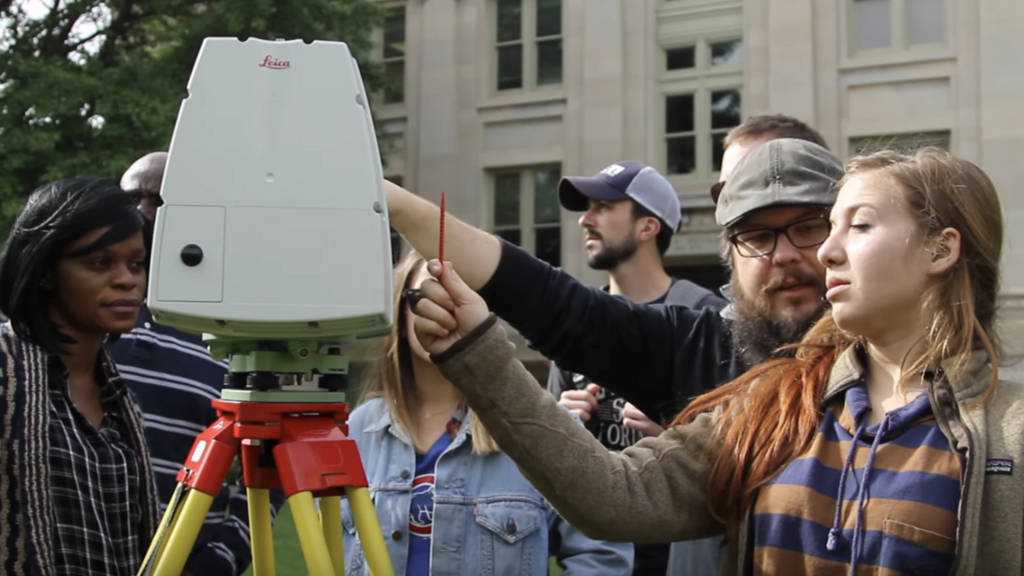If you're fascinated by the sky above you, or the ground below you, the University of Iowa is the place for you. With state-of-the-art research facilities and nationally ranked programs in the life and natural sciences, Iowa will challenge you as a student and grow you as a scientist. Here, undergraduates have an essential, hands-on role in research. Working side-by-side with our world-renowned faculty from the day you step foot onto campus, you’ll be at the forefront of the newest innovations and discoveries made here every day.
Life and Natural Sciences
Astronomy
The Astronomy Program is designed for students who wish to build considerable knowledge in Astronomy but do not plan a research-oriented career in the field. It is appropriate for students planning careers in secondary school science teaching or science-related administration.

Biochemistry and Molecular Biology
Biochemistry is the study of the basic biological and chemical processes that occur in all living systems. It is an area suited to students who enjoy science and math and who may be considering a career as a research scientist. A Biochemistry and Molecular Biology degree is solid preparation for advanced-degree science programs and for careers in medicine, biology, chemistry, or dentistry.

Biology
Biology is the study of life, and advances in the understanding of living systems impact almost every aspect of modern life. From food to biofuel to medicine, biological applications are integral to modern society and further advances will be necessary to address the challenges that the future holds.

Chemistry
Chemistry has a leading role in the technological challenges that touch all aspects of our lives. Global climate change, increasing demands on limited energy resources, the detection and treatment of human disease, concerns about environmental health, and the continuing need for new materials and synthetic strategies all demand an innovative response from chemists.

Earth and Environmental Sciences
Do you wonder how Earth and other planets work? Want to help society address environmental challenges like a changing climate and preserving safe drinking water? The Earth and Environmental Sciences major trains students to use an integrated approach to understand the natural world. Our unique program offers flexibility to discover your passion within Earth and environmental science, preparing you for diverse careers or graduate studies.
Environmental Policy and Planning
Are you committed to environmental protection and stewardship? Considering a career in environmental law? In the Environmental Policy and Planning major, you’ll explore solutions for land use, water access, and climate change, gaining practical skills and real-world experience. Our program’s unique interdisciplinary approach fosters a deep understanding of environmental policy and planning tools, preparing you to make a difference in shaping a sustainable future.

Geographical and Sustainability Sciences
Are you curious about how humans impact the environment, and the environment affects societies? Interested in human mobility, environmental health, biodiversity, and how climate change connects to these and other societal challenges?
Physics
Physics and astronomy students are driven to understand the nature of space, time, and matter from the quantum level to the outer reaches of the universe. They are intellectually curious, bright, and confident individuals preparing to make their mark in a wide range of careers.
Psychology
Psychology is the academic field that studies behavior—both human and animal. It is a broad field with many areas of specialization. At Iowa, the Department of Psychological and Brain Sciences offers course work in five areas: behavioral and cognitive neuroscience, clinical psychology, developmental science, cognition and perception, and personality and social psychology.